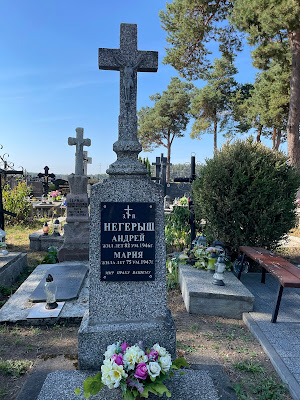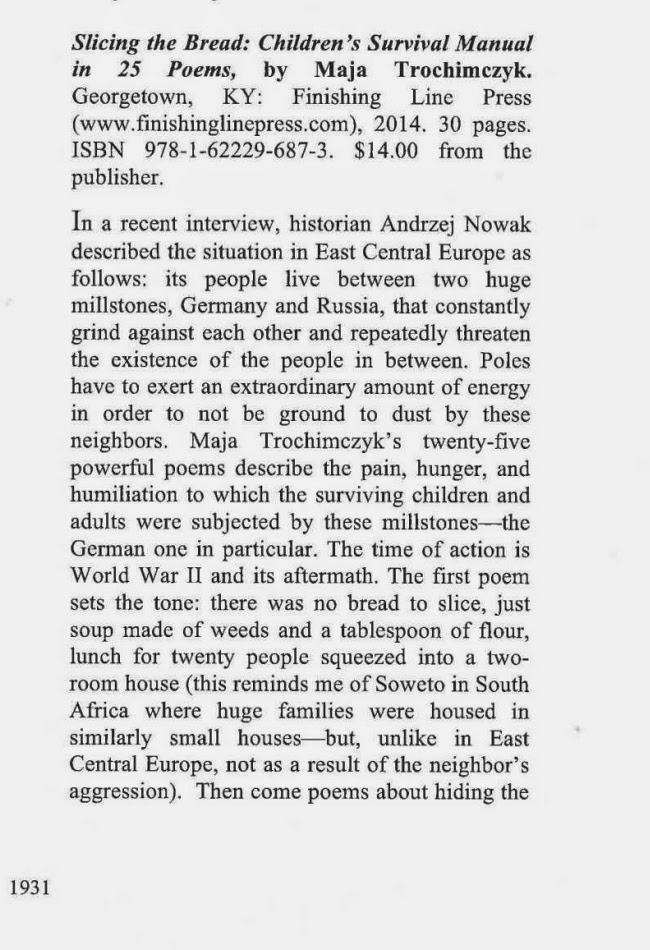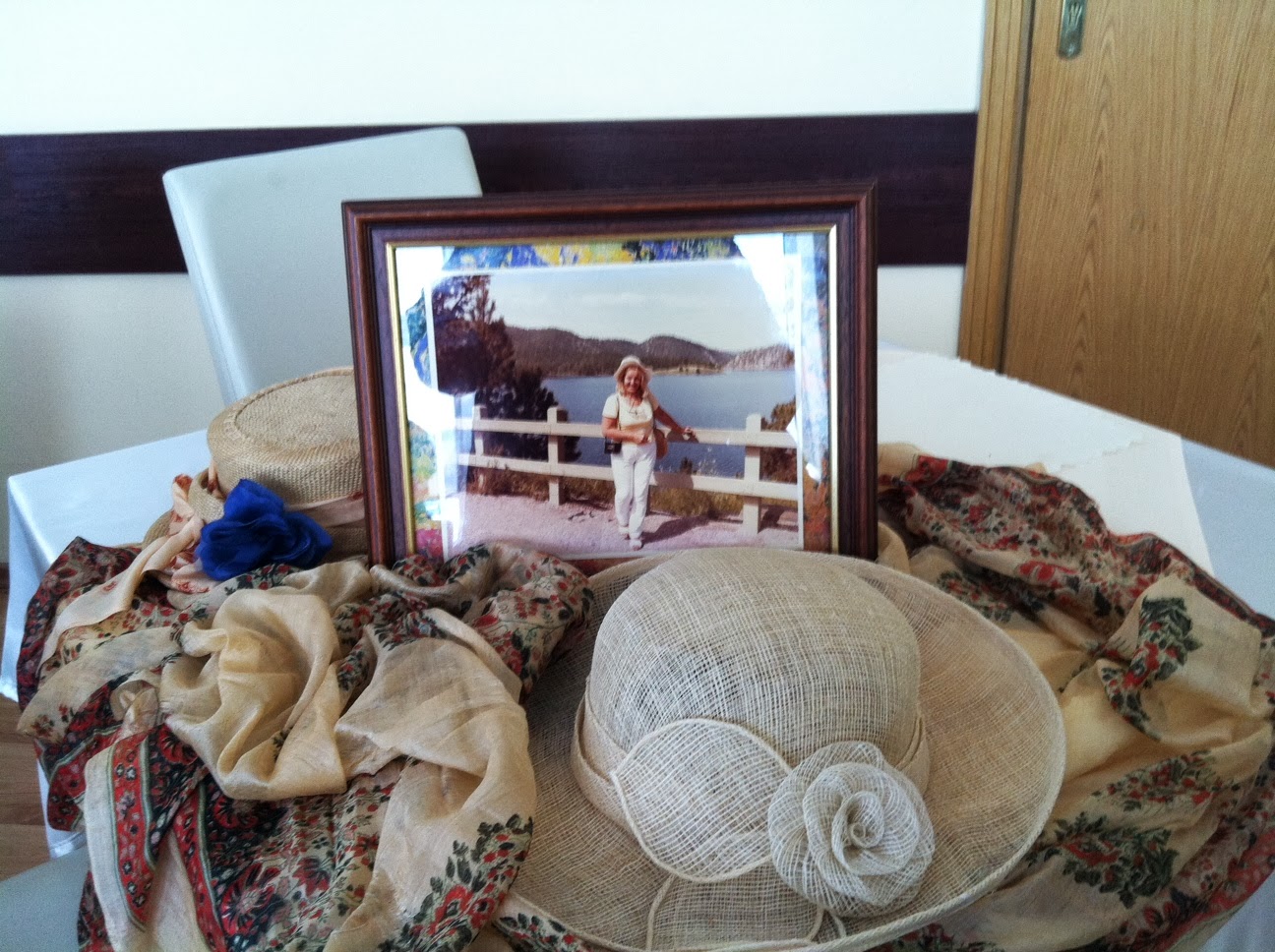After years of making Halloween costumes for school parades and neighborhood parties, I'm finally free from that misguided celebration of fear and disgust, that ancient opening of the crack between our world and the astral sphere where evil spirits hide to pounce upon us when allowed... Parents and children try to hijack this dark night for some innocent fun
— dressing a child as a Pippi Longstocking with her favorite monkey in a Halloween pumpkin suit, or as a pink Piglet with parents in outfits of Winnie the Pooh, the cheerful and stoic, pregnant Mom, and Tigger, the restless, energetic Dad.

When I first came to Montreal, Quebec, Canada, with my 8 year old son and an artist husband, we had no money to buy a costume or even the supplies to make one. So I dived into my closet and emerged with a white dress shirt, and white cotton summer pants. There were black garbage bags in the kitchen and black carboard for crafts on the table. So... my son became The Music Man. The black plastic was sturdy enough not to break off easily when I cut out large shapes of music notes and sowed them onto the shirt and the pants in random patterns. The cardboard was also cut into a mask with a round note and a stem. The boy had a small electronic keyboard from his grandparents, so that was tied onto a string and he could play melodies while walking in a school parade. He won the first place, of course.
There were more costumes later — a skier, an Arabian sheikh, a water nymph from Adam Mickiewicz's ballade "Switezianka," the cross-dressing lumberjack from Monty Python, the Queen of the Night from Mozart's "Magic Flute" — and, of course the various vampires and ghosts. Even a Swamp Monster, for which tons of colorful autumn leaves were sown onto a brown blanket for the cape, while the teen made his own mask of brown cardboard and leaves. That year, the school janitor, sweeping the leaves that fell off the cape, was really mad and chased the monster with his broom... But real life in Montreal, Quebec, Canada, and later in La Crescenta, California, was far more scary than any Halloween parade...Not
a Halloween Poem
Silly,
silly, silly me — what am I
waiting
for in this garden, with rusty
finches,
golden orioles, and western bluebirds
taking
a batch in my crystal bowl?
Year
after year I drift further away
on
my island of serenity from the solid
continent
of my childhood,
from
the tall horse chestnut trees
and
shiny brown balls that made
armies
of little people and herds of tiny
animals,
joined by matchsticks —
So
far away — so silly, silly, silly —
I
am all alone, speaking a foreign language
with
a foreign accent — a Slavic
blue-eyed
blonde, called here, by ill-willed
strangers
— a white orchid —
Yes,
silly, silly, silly — oh why, oh why
did
I drift towards this land
of
incomprehensible weirdness of goblins
ghouls
and monsters — Halloween,
the
satanic exaggeration of the hideousness
of
death — rotten corpses, skeletons
and
bloody eye candy — a simulacrum
of
cannibalistic rituals. Soulless, hateful matter.
Silly,
silly, silly me — so out of place
in
this country of pretend horrors
and
tasteless fun. I’m drifting through time
within
an archipelago of lonely islands,
full
of exiles, émigrés and D.P.s —
drifting
away from my language,
from
the skylark’s song above meadows
from
the intense halo of candlelight
above
each Polish cemetery —
full
of chrysanthemum and asters
respect
for the dead and nostalgia —
where
we walked in the rain,
crunching
fallen leaves underfoot
reflecting
on mortality and the passing —
So — how about you?
Are you silly, silly, silly, too?
(c) 2024 by Maja Trochimczyk
What's so scary about the poem, then? When I read it (scribbled in the same morning, with the tea taken in lovely china in lovely, vibrant garden) during our Village Poets monthly gathering, ominous silence fell and the listeners looked at me with horror. I must have really scared them
— was it the "white orchid" insult that I had to bear from someone with a different skin tone and a much darker heart. Or was it the outspoken expression of displacement and alienation felt by someone who "drifted away from home" that's no longer there... https://chopinwithcherries.blogspot.com/2024/06/on-loss-and-homecoming-facsimile-of.html.
One poet came over and said, "you must really want to go back home." She did not understand that there is no going back, no home... my childhood home was erased from existence when the street was widened by adding another lane and the fire station across was not to be moved, even though it was the only building surrounded by fields of potatoes. Instead a whole row of pretty little houses with their pretty little cherry trees, raspberry and currant bushes, narcissus and roses was mercilessly taken out. There is a bus stop there now, and a wide, cement sidewalk... though the alley through the neighborhood, much narrower than remembered, remains... and other residents kept their meticulously cared for gardens and homes.
Trzebieszow cemetery, May 2024. All the tall chestnuts and maples were cut down after one fell onto the roof of the chapel in the wind...
Orthodox cemetery in Warsaw, Wola district, tombstone for my parents, Henryka i Aleksy Trochimczyk
An angel kneels nearby...
Tombstone for my paternal grandparents, Wincenty and Nina Trochimczyk, with the name of my Dad added too, in good measure. Grodek Bialostocki cemetery. September 2024.
This year, when I went back to Poland twice (in the past I even had an eight-year gap, I do not go that often), I had a chance of visiting the graves of my extended family - my maternal grandparents and great grandma in May and my paternal grandparents, uncle and great grandparents in September. We even drove through the fields where my great grandparents lived and I found out from my cousins whom I did not see for 12 years that my great grandpa Andrei or Andrzej Niegierysz was Belorussian not Ukrainian and had two wives: the first died after giving birth to five children, so he remarried, left his estate near Ukrainian border to them and bought another 200 acres of land further north, in Mieleszki, leaving that farm to his five new children from his second wife, Maria.
(So, my name was not only after my maternal grandma Maria, but also after my paternal great grandma, also Maria. I do not regret changing it to my nickname Maja after suffering the mispronunciation of this name as three-syllable "Ma-ri-ia" as if I was a heroine from Bernstein's West Side Story or the real Mary Mother of God... )
Tombstone of my great grandparents Andrzej and Maria Niegierysz
My grandma Nina was the youngest of their five children and married a "local" man Wincenty who loved land and spent his time buying more until he owned 60 acres. But he loved hunting too much, and got a cold that turned into pneumonia and died in 1939... making my Grandma a young widow, raising two sons alone on her estate.
Before visiting the cemetery, I walked on that sandy road leading to my great grandpa's house. I also visited the home of my Dad's cousin, daughter of his aunt, now in her 90s, happily spending time alone in a house stuck in the fields in the middle of nowhere... Only enormous sky above, fields and scattered bunches of birches and pines on the horizon...
Turn right and you'll visit my great grandparents homestead in Mieleszki,
10 km from Belarussian border.
View from my Dad's cousin yard facing fields now planted with corn not rye, and copses of trees.
I went to my grandma's empty house, with overgrown yard of weeds, not kept in check by livestock, like sheep and geese, the latter were especially adept at trimming the lawns to desirable proportions. The old linden tree was there... I have not written any poems yet, the emotions are too complex still... but some haiku will appear in the Southern Haiku Study Group anthology. Here's just one that was not chosen.
wind carries dry birch leaves,
Yet, my favorite, old linden tree, that was all buzzing with bees in July, the month of the blooming linden trees ("lipiec" from "lipa") was still there. I used to sit in its shade with my Uncle who was carving wooden boats from bark of nearby pine trees, lining the sandy road next to the house...
The yard is full of weeds and bushes, the wooden fence covered with lichen... Yet the golden dome of the cerkiew still shines on the horizon, built on a hill in Grodek Bialostocki, in such a way that it is visible from every village from miles away... My phone camera was not good enough to capture its distant brilliance...
a beacon of faith -
distant, gold church dome
shines above rye fields
Actually, these are no longer rye but corn, and the characteristic haystacks with wooden roofs are also gone, replaced by ugly bales of hay wrapped in plastic. Yes, it was a lot more work to "make hay" so it would not get wet in the rain and dried properly for winter feed. But it was a lot more fun to play on hay inside the barn, so fragrant with clover and dried wildflowers... and the landscape was lovelier too. Not all progress is progress, really. Faster, bigger, richer - and for what?
The lichen-covered wooden gate...
The wooden beams interkocking without nails at the corner.
Grandma used to lock the door and leave the key on one of these beams. You locked the door so it would not blow open in a gust of wind, everyone left their keys by the door - there were so few people around in these fields and forests...
Grandparents' wedding photo has tiny photos of Janek my cousin during his mandatory military service, and me in high school, still with short hair, stuck in the corner...
Sunset above the fields in Bielewicze.






















.JPG)






_opt.jpg)
.JPG)
.JPG)
.JPG)




.JPG)


